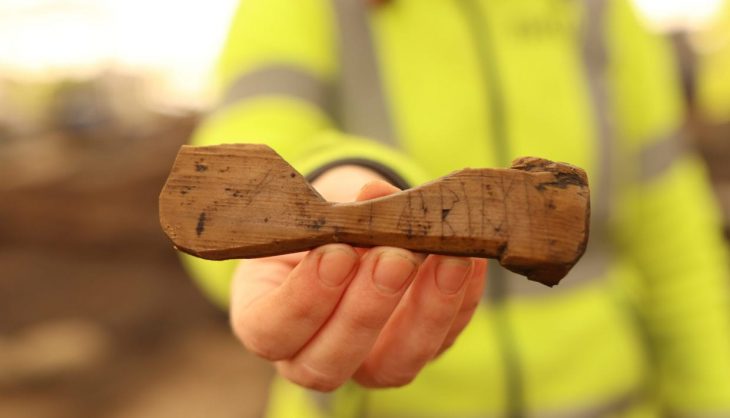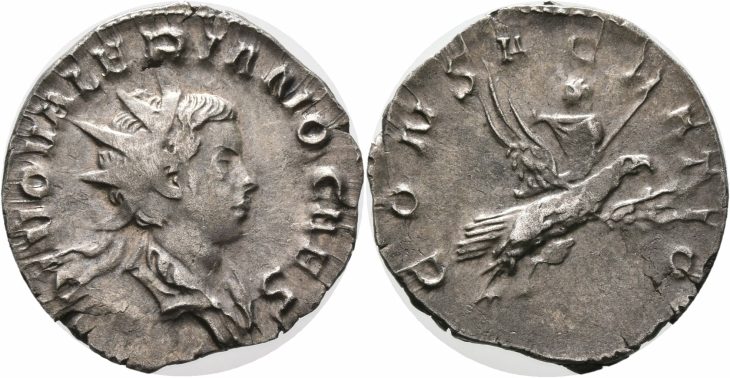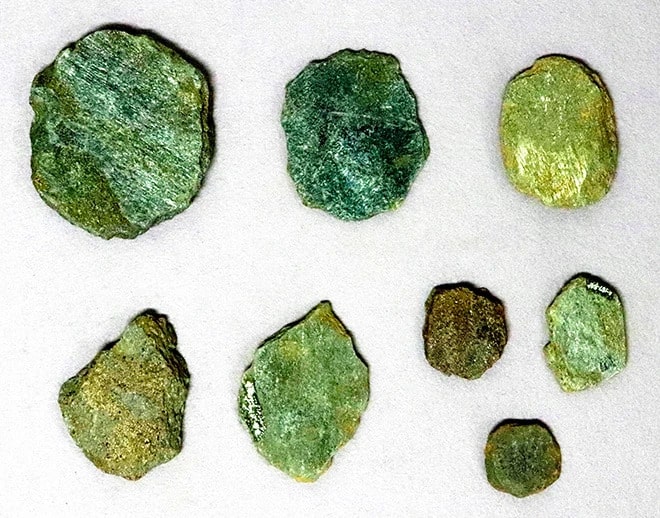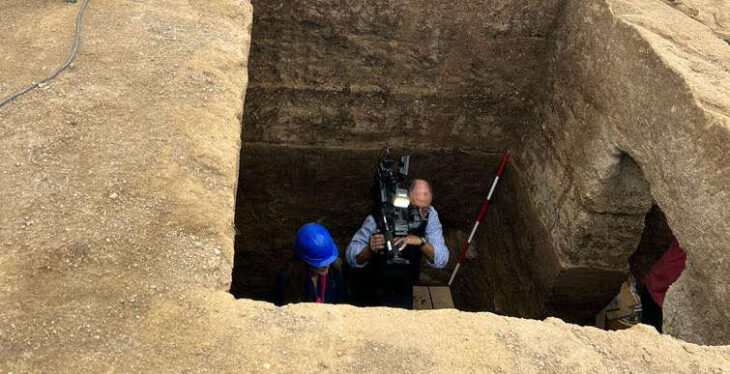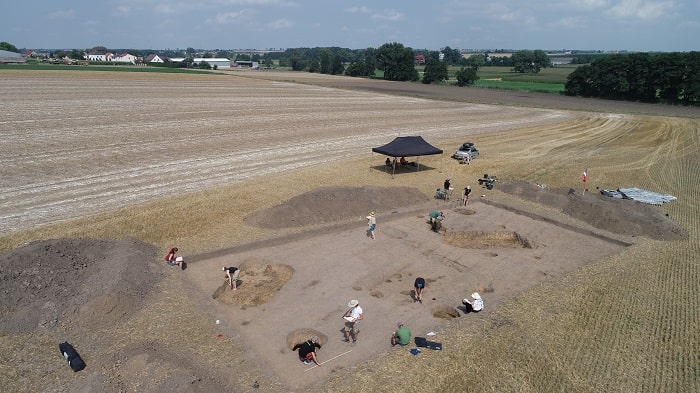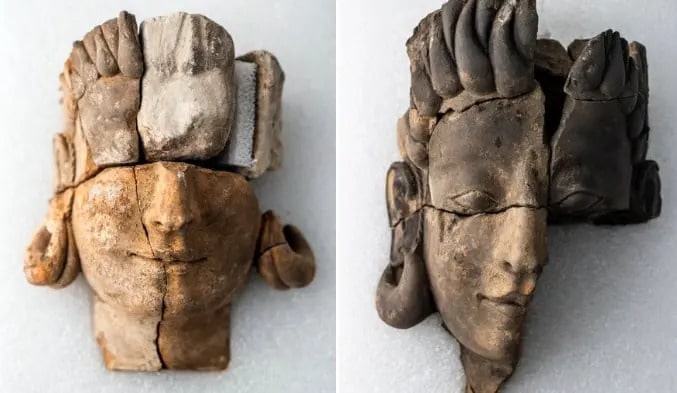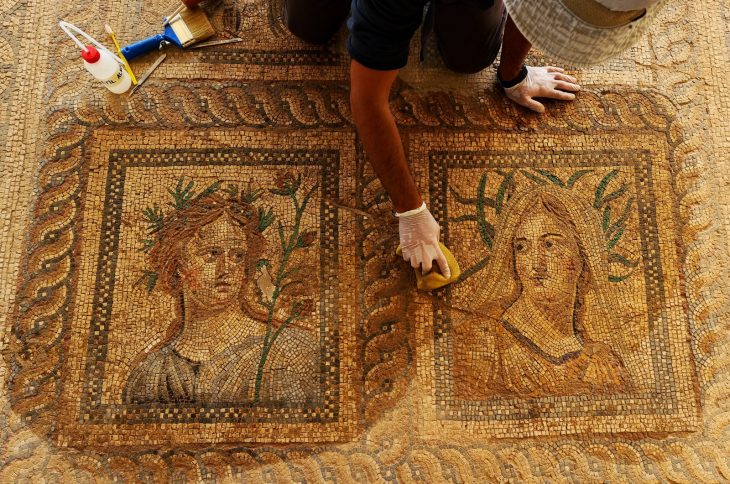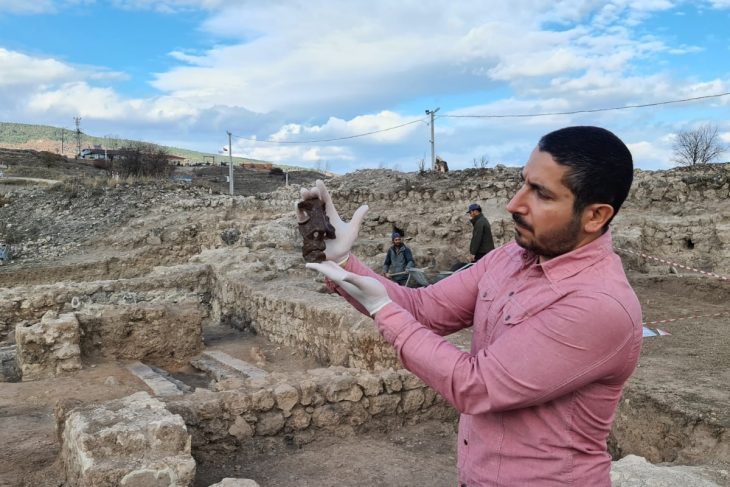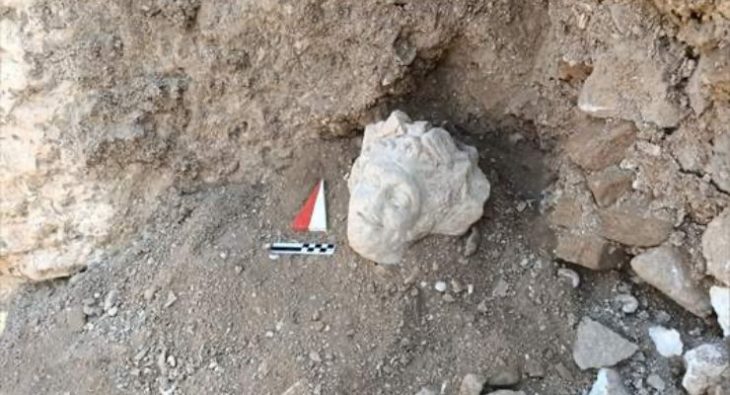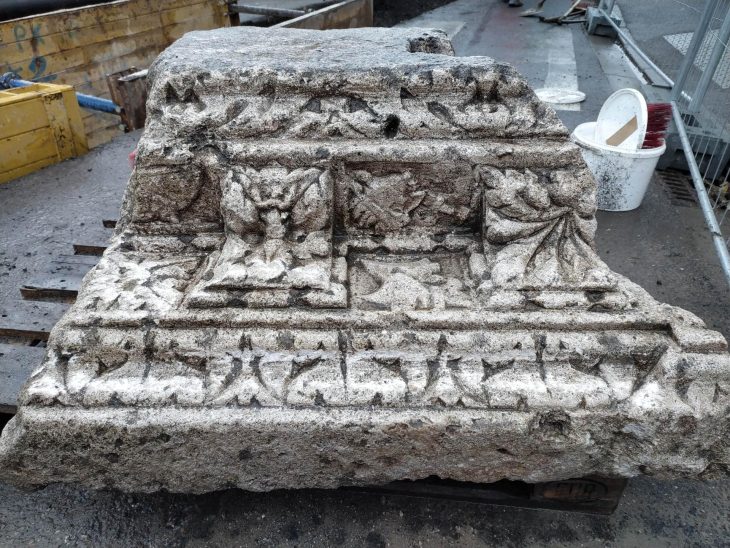Croatia is a fascinating country that continually rises up people’s must-visit lists thanks to its sparkling Adriatic coastline, 1,244 islands, endlessly fascinating cities, and extraordinarily dramatic landscapes.
However, little is clear-cut about Croatia’s history — uncertain origins and crisscrossing allegiances abound. Even today, many details of Croatia’s emergence as a nation are still shrouded in mystery.
Historians, for example, disagree about the origins of the first Croat tribes. Were they truly Slavic, and how closely related were they to other Slavic groups? How did they come to occupy what is now known as Croatia? Many questions such as these are still unanswered today.
Croatia’s past is a tumultuous one. This nation has had residents who were born, lived there their entire lives, and passed away there, yet were citizens of multiple states, as it has been passed from pillar to post in terms of governing bodies. Its history is laced with trauma, from Ottoman invaders to the Austro-Hungarian Empire, from communism to fascism, and from socialism to independence and EU membership.
Even though it is traumatic, such a history makes for great material for tall tales. One such legend, which just happens to be among the most popular of all, is the curse of King Zvonimir.
King Zvonimir of Croatia, or Demetrius (Dmitar) Zvonimir of Croatia, ruled over the country during the 11th century. Things were going relatively well for the country at the time. To be honest, they were about as smooth as they could be for that period in European history.

He was the ruler of the Grand Kingdom of Croatia, helping the good, and the poor, and driving out the evil. For his good deeds, he was well-known and adored from the north to the south.
The Byzantine ruler of the time and the Pope allegedly then asked King Zvonimir to get his nation together and, in the name of Jesus Christ, have them go on a mission or campaign of sorts. When Zvonimir got the letters he joined his army forces and brought them to Kninean Kosovo Field.
When the right day comes, Zvonimir reads the letters to the army and asks them if they want to fight alongside other Christian nations to free the body of Christ from the Jewish lands. Feeling betrayed and lied to by King Zvonimir, the Croatian people revolted. King Zvonimir naturally wasn’t best pleased at this turn of events.
The king was laying in blood, wounded, in lots of pain, he cursed the Croatian nation:
He said:’God curse you, you’ll never again have a king of your Blood!’
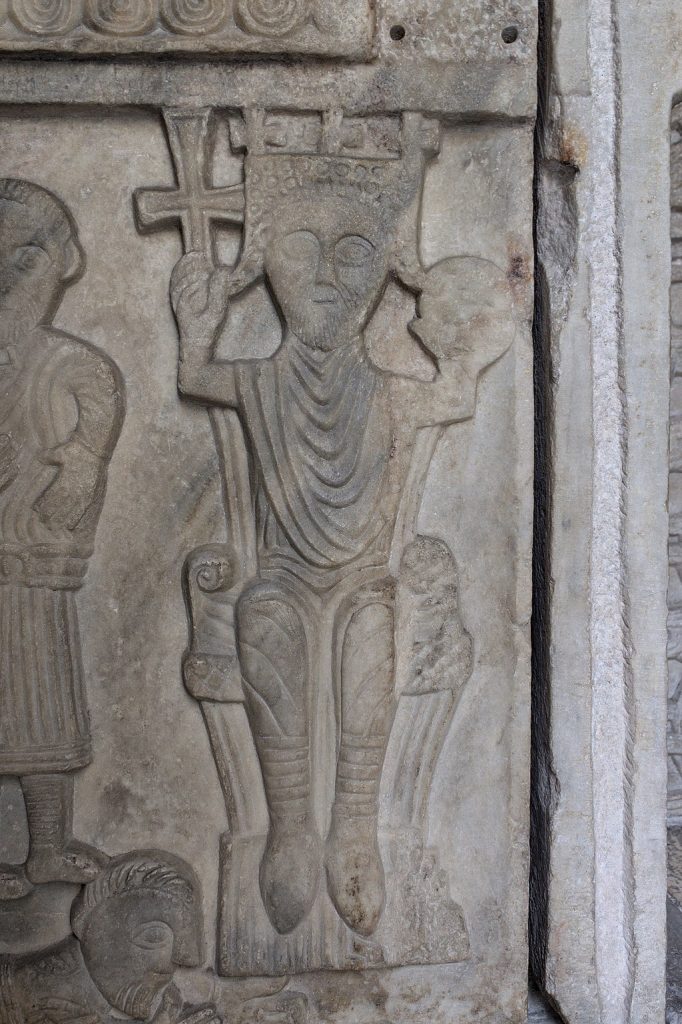
The circumstances around his premature death in 1089 have never been properly clarified, and rumours surrounding the mystery still circulate to this day. His less than glamorous end as the ruler of Croatia saw him place a 1000-year curse on the Croatian nation. The curse made it so that for the following 1000 years, the country that he felt had betrayed his wishes wouldn’t be ruled by a native Croat as an independent kingdom.
Maybe it’s just a legend, a myth based on nothing but old wive’s tales and folk stories, but it’s ironic that Croatia faced constant anarchy, war, invasions, and takeovers by foreign empires and governments in the years that followed.
The legend of the violent death of King Dmitar Zvonimir appears in several medieval sources. Almost every one of them is of questionable credibility with a hard-to-verify story. However, it is interesting that the violent death (that he was killed) of King Zvonimir is mentioned in several different sources so this thesis was even accepted by some Croatian historians of the 19th century.
Cover Photo: The coronation of king Dmitar Zvonimir. Source: History of Croatia


